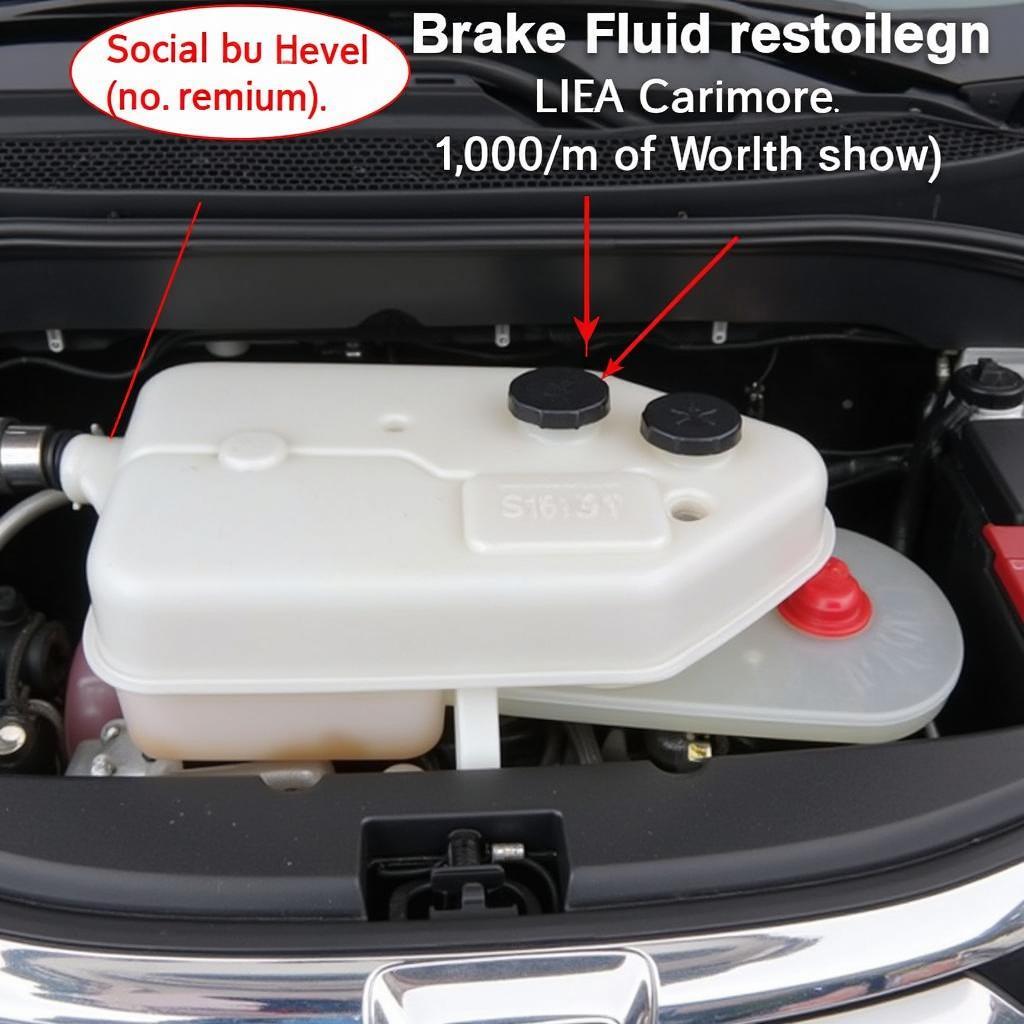So, you’re rocking a new aftermarket radio in your car – awesome! But what’s not awesome is dealing with electrical gremlins. One common head-scratcher is grounding issues with the car wiring harness. A bad ground can lead to all sorts of audio problems, from annoying whine to complete silence.
Understanding Your Car’s Wiring Harness and Grounding System
Think of your car’s wiring harness as its central nervous system, carrying electrical signals to every corner. Just like our bodies need to be grounded, so does your car’s electrical system. This is where the ground wire comes in, completing the circuit and providing a safe path for electricity to flow back to the battery.
Common Aftermarket Radio Grounding Problems
When you install an aftermarket radio, getting the grounding right is crucial. Here are some frequent culprits:
- Loose Ground Connection: A loose connection can interrupt the flow of electricity and cause your radio to act up.
- Corroded Ground Wire: Over time, the ground wire can corrode, hindering the electrical connection.
- Inadequate Grounding Point: Not all grounding points are created equal. A weak point won’t provide a solid enough ground for your radio.
Symptoms of a Bad Ground:
- Engine Noise (Alternator Whine): That annoying whine that changes pitch with the engine speed? Yeah, that’s often a telltale sign of a grounding problem.
- Radio Cutting Out: If your radio intermittently cuts out, a poor ground connection could be the reason.
- Dimming Lights: Notice your dash lights dimming when the radio is on? This could indicate a grounding issue affecting the entire electrical system.
Identifying and Fixing a Ground Issue
Before you tear your hair out, let’s diagnose the problem. Here’s a step-by-step guide:
- Check the Ground Connection: Start by inspecting the ground wire connected to your aftermarket radio. Make sure it’s securely fastened to a clean, unpainted metal surface on the car’s chassis.
- Inspect the Ground Wire: Examine the wire itself for any signs of damage, corrosion, or fraying. If you spot any issues, it’s best to replace the wire.
- Test the Ground: Use a multimeter to check the continuity between the radio’s ground terminal and a known good ground point on the car’s chassis. If there’s no continuity, you’ve got a grounding problem.
- Choose a Better Grounding Point: If the existing ground point seems suspect, find a more suitable location. Look for a clean, unpainted metal surface that provides a solid connection.
Equipment for Fixing Ground Issues:
- Multimeter: To test continuity and voltage.
- Wire Strippers/Cutters: For working with wires.
- Screwdrivers: To tighten or loosen connections.
- Electrical Tape: To insulate connections.
FAQs About Car Radio Grounding
Can a bad ground damage my radio?
Yes, a poor ground can potentially damage your radio or other electrical components.
Can I ground my radio to the battery?
While possible, it’s not recommended. It’s best to ground to a point closer to the radio to minimize resistance.
Can I use a grounding kit for my aftermarket radio?
Yes, grounding kits can improve the ground connection and potentially resolve some audio issues.
Need More Help?
Diagnosing and fixing car electrical issues can be tricky. Consider contacting Cardiagtech for professional assistance and advanced diagnostic solutions.
This information is for general knowledge and informational purposes only, and does not constitute professional advice. Always refer to your vehicle’s owner’s manual and consult with a qualified mechanic for any electrical work on your vehicle.



